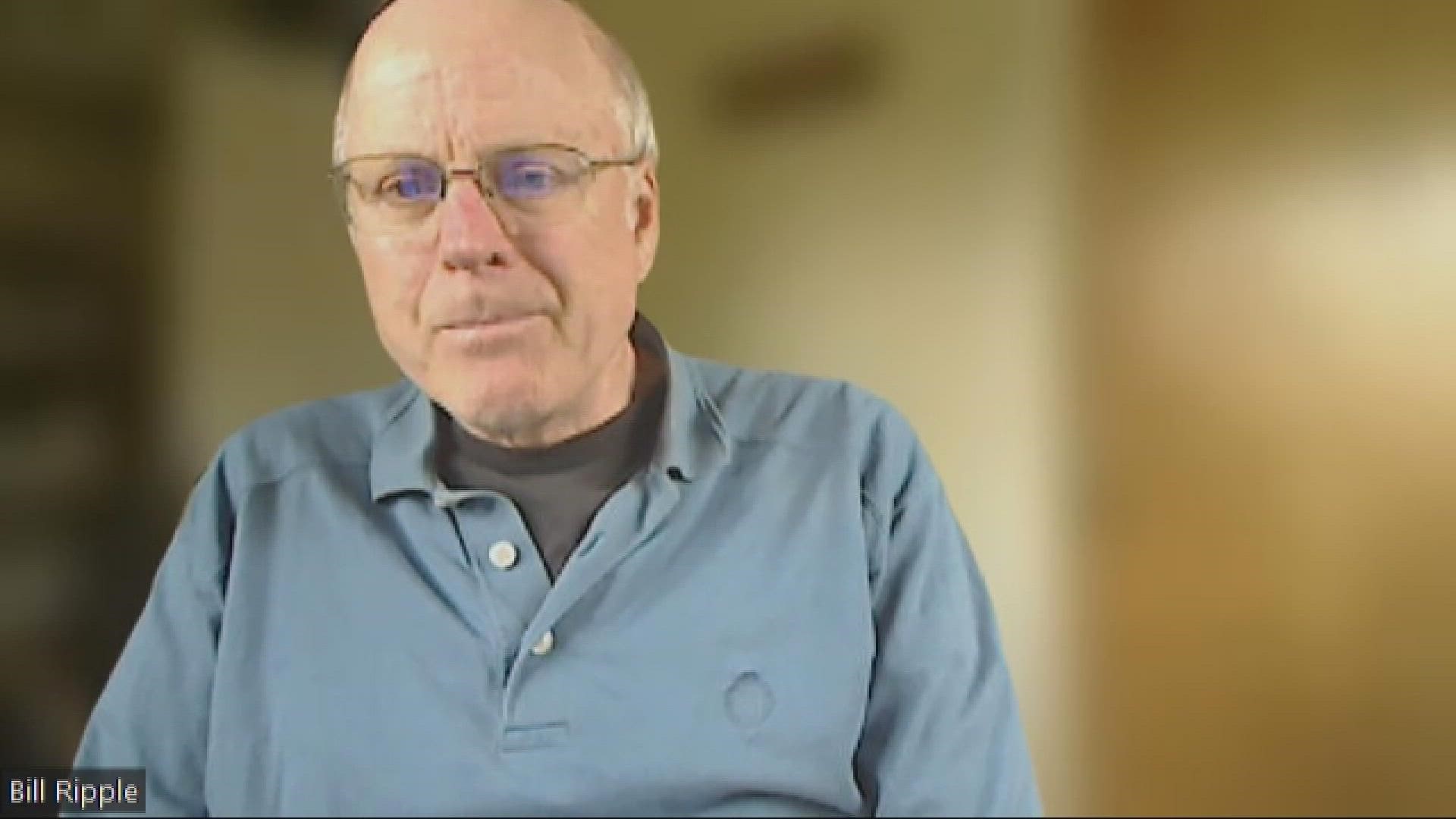PORTLAND, Ore. — A pair of new reports from Oregon State University and the United Nations paint a sobering picture of the progress on combatting climate change, suggesting the world appears to be at risk of crossing a dangerous threshold.
Together, the reports show that key indicators of planetary ecological health are flashing red while many countries are failing to live up to the pledges they’ve made to cut greenhouse gas emissions.
Bill Ripple, an Oregon State professor in the college of forestry who co-authored the OSU report, examined 35 environmental "vital signs" – things like sea ice decline, forest loss and intensifying extreme weather events.
"What we found, of the 35 vital signs we track, 16 of them have set records and are at extreme levels relating to climate change," Ripple said. "We basically call this code red for planet earth."
Ripple pointed to catastrophic flooding in Pakistan, Hurricane Ian in Florida and the unseasonably warm temperatures Oregon saw for much of October as just a few examples of how climate change is influencing weather around the world and in the Pacific Northwest.
Meanwhile, the United Nations released another report Wednesday showing that many of the ambitious commitments countries have made at previous climate conferences have failed to produce tangible results.
"At the UN Climate Change Conference in Glasgow last year, all countries agreed to revisit and strengthen their climate plans," Simon Stiell, Executive Secretary of UN Climate Change, said in a statement. "The fact that only 24 new or updated climate plans were submitted since (that conference) is disappointing. Government decisions and actions must reflect the level of urgency, the gravity of the threats we are facing, and the shortness of the time we have remaining to avoid the devastating consequences of runaway climate change."
In 2018, scientists said carbon dioxide emissions needed to fall by 45% by 2030 to keep global temperatures from rising more than 1.5 degrees Celsius over pre-industrial levels by the end of the century. Doing so would help avert some of the worst impacts of climate change.
But the U.N. report found that current commitments would actually amount to a more than 10% increase of carbon dioxide levels between now and 2030.
"We are still nowhere near the scale and pace of emission reductions required to put us on track toward a 1.5 degrees Celsius world," Stiell said. "To keep this goal alive, national governments need to strengthen their climate action plans now and implement them in the next eight years."
The reports come a little more than a week before the next international climate conference gets underway in Sharm el-Sheikh, Egypt.
World leaders must make good on their commitments if these kinds of events are going to be meaningful, Ripple said.
"We need a big change," he said. "The ship is huge and we need to start turning it to have hope for a livable future."

